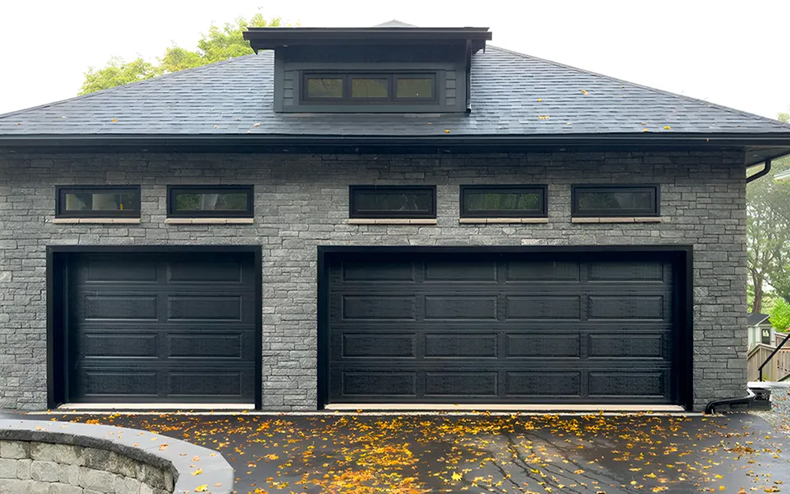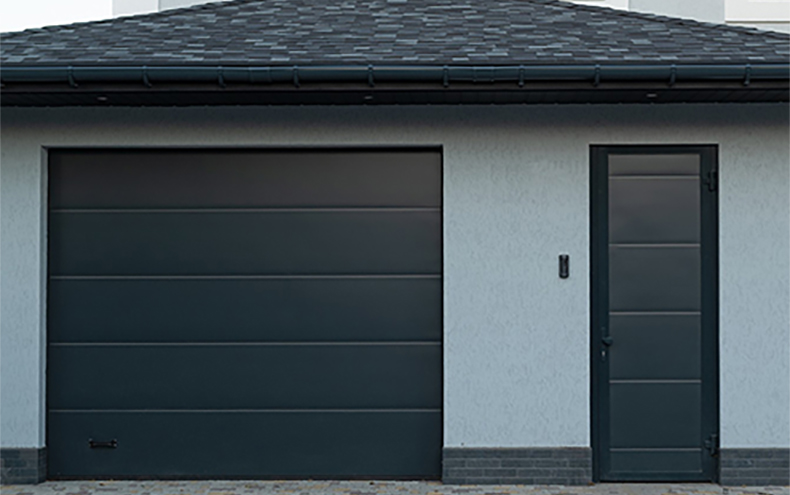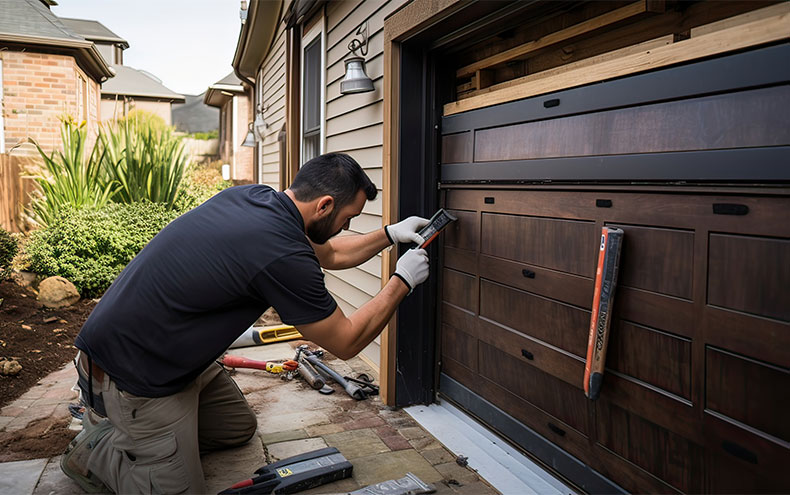Emergency Garage Door Sensor Repair: Troubleshooting Tips
Emergency Garage Door Sensor Repair: Troubleshooting Tips
Garage door sensors are critical for keeping your garage door system running safely and efficiently. When an obstacle is sensed, they reverse the door immediately and put a stop to possible accidents. But as with every mechanical or electric part, sensors sometimes malfunction in time; this may cause you inconvenience or safety problems. Our guide provides tips for finding handily an easy fix to your sensor issues.
1. Check Sensor Alignment
Misaligned sensors are the most common cause of garage door sensor problems. Misalignment can result from vibrations, accidental bumps, or natural foundation shifts. To address this:
- Inspect for Misalignment: Ensure both sensors are level and aligned with each other.
- Clean the Lenses: Dust, dirt, or debris can interfere with sensor operation. Use a soft cloth to clean the lenses.
- Realign the Sensors: Many sensors have indicator lights to help you adjust them properly. Follow the manufacturer’s instructions for alignment.
2. Test Sensor Wiring
Faulty wiring can also cause sensor malfunctions. Inspect the wiring connected to the sensors and the garage door opener. Look for frayed wires, loose connections, or visible damage. If necessary, repair or replace damaged wires using manufacturer-approved materials.
3. Inspect for Obstructions
Obstructions near the sensors can trigger false readings. Check for common issues such as:
- Debris: Leaves, cobwebs, or dirt covering the lenses.
- Blocked Path: Objects or vehicles obstructing the sensors.
- Environmental Factors: Direct sunlight or reflections causing interference.
Remove any obstructions and test the garage door again.
4. Test the Safety Reverse Mechanism
To ensure the sensors trigger the safety reverse feature:
- Place an object, like a cardboard box, in the door’s path.
- Close the garage door using the remote or wall-mounted control.
- Confirm that the door reverses when it contacts the object.
If the door does not reverse or behaves erratically, professional inspection may be necessary.
5. Account for Environmental Factors
Extreme temperatures, humidity, or direct sunlight can affect sensor accuracy. If these factors are causing issues, consider adding weatherproofing seals or shields to protect the sensors.
While troubleshooting can resolve many sensor problems, some issues require professional attention. Don’t hesitate to contact DoorMaster for expert assistance and peace of mind.




